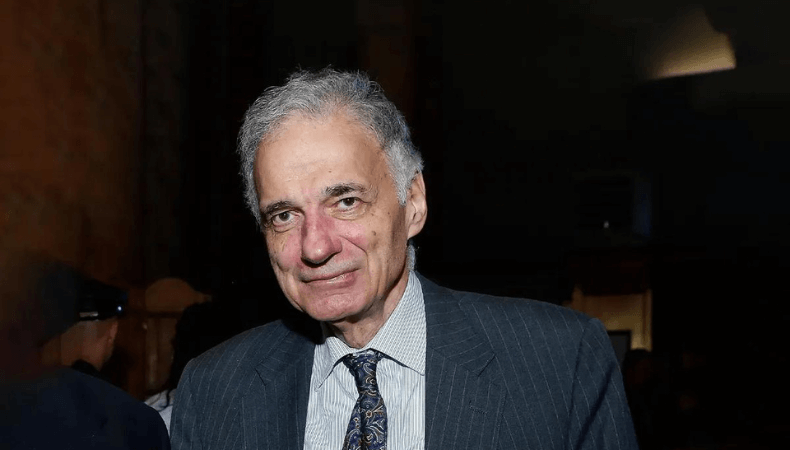Ralph Nader Accuses Blinken of ‘Antisemitism against Arab-Palestinians’

The recent accusation by Ralph Nader against U.S. Secretary of State Antony Blinken has stirred controversy and raised questions about the complex dynamics of antisemitism in political discourse. In a Twitter post to his 125,000 followers, Nader, a lawyer of Lebanese descent and a four-time failed U.S. presidential candidate, claimed that Blinken was guilty of “antisemitism against Arab-Palestinians.”
Ralph Nader’s Accusation
Nader’s accusation stems from Blinken’s alleged bias in addressing the humanitarian crisis in Gaza. Nader contends that while Blinken condemned the targeting of heat, water, and electricity in Ukraine as “brutalization” and “barbaric,” he failed to use similar strong language for the plight of civilians in Gaza. The tweet has sparked a discussion among Nader’s followers, prompting a closer examination of Blinken’s statements and actions.
Blinken’s Response
Another example of Secretary of State Antony Blinken's antisemitism against Arab-Palestinians. Earlier, he said "the targeting of heat, water and electricity was a 'brutalization of Ukraine’s people' and 'barbaric.'" He doesn’t use these words for the trapped and dying…
— Ralph Nader (@RalphNader) January 18, 2024
As of now, Antony Blinken has not directly addressed Nader’s accusation. However, it is essential to delve into Blinken’s overall stance on the Israeli-Palestinian conflict and the specific instances mentioned by Nader. This analysis can provide a more comprehensive understanding of whether Nader’s claim holds merit.
Nader’s History of Accusations
Ralph Nader has a history of speaking out against what he perceives as antisemitism, not only against Arab-Palestinians but also against Muslims more broadly. In various instances, he has criticized U.S. companies and law firms for allegedly engaging in discriminatory practices against individuals who oppose Israel’s actions in Palestine. Nader’s consistent stance raises questions about the broader implications of these accusations on both political and corporate levels.
Corporate Influence
Nader’s assertion that corporates are sidelining individuals critical of Israel’s policies has implications for freedom of speech and employment opportunities. This section will explore the extent to which such actions, if true, impact the professional lives of those expressing dissenting views on the Israeli-Palestinian conflict.
Keep Reading
Political Figures and Antisemitism
Nader’s accusations extend beyond Blinken to encompass President Joe Biden, Nancy Pelosi, and what he terms “AIPAC Democrats.” Understanding the context of these accusations and Nader’s call for congressional hearings featuring Israeli and Palestinian peace advocates adds depth to the discussion surrounding antisemitism in political circles.
Nader’s Views on John Bolton
Ralph Nader’s characterization of John Bolton as a bigot against Arabs and an Islamophobe brings to light the multifaceted nature of accusations within U.S. politics. Exploring James Zogby’s perspective on Bolton’s actions adds nuance to Nader’s claims and allows for a more comprehensive evaluation of antisemitism allegations.
In conclusion, Ralph Nader’s recent accusation against Antony Blinken opens up a broader conversation about antisemitism, particularly concerning Arab-Palestinians. The complexities within these allegations highlight the need for a nuanced approach to discussions surrounding sensitive geopolitical issues.






